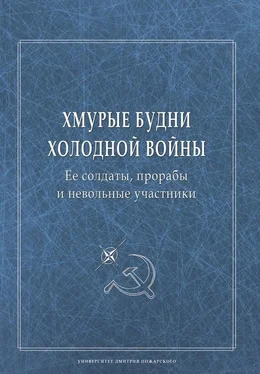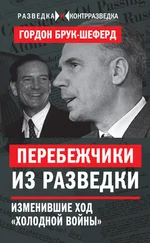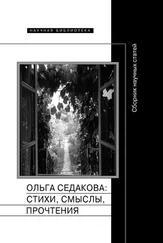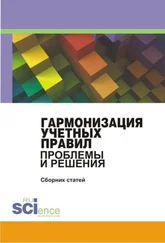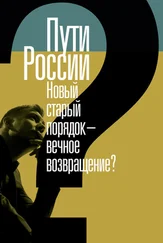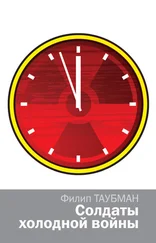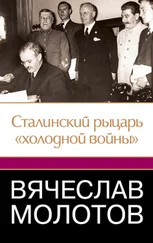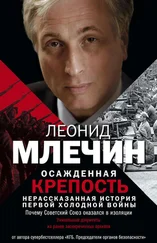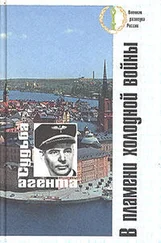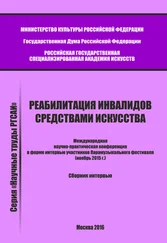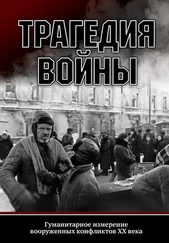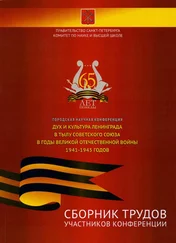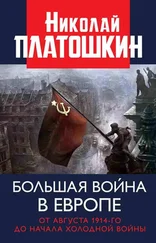The USSR and the United States dominated a nascent geopolitical order with the United Kingdom and France denuded by decades of attrition. Key features of this regime would underpin the Cold War. The bellicose ire of Stalin and Truman’s statesmanship found a flashpoint in Berlin. Reconstruction and the emergence of new political parties in Germany provided a volatility wherein competing ideologies could collide. Arguably, the Marshall Plan laid the basis for an attenuated Cold War, rather than a temporary crisis. The U.S. stressed the need for a competitive German industrial base. Molotov, representing the USSR, walked out of the Marshall negotiations. Reportedly, Stalin believed that a weakened Germany posed less of a risk to the new buffer zone of Eastern Bloc States. 5A seminal event took place during the March 1948 meeting of the Allied Control Council: Sokolovsky declared the meeting adjourned after failing to receive a briefing on a prior London conference. Truman noted: “ For most of Germany; this act merely formalised what had been an obvious fact for some time…For the city of Berlin, however, this was the curtain raiser for a major crisis.” 6 The walk out precipitated the Soviet blockade of the Allied sectors necessitating the airlift.
Truman advisor Bernard Baruch coined the phrase “Cold War” to encompass enemies both abroad and at home. With the increasing pitch of the Berlin crisis, the term became widely applied to the tension between the “superpowers”. 7The perspective evidenced by both regimes was hegemonic, assuming that political power could be maintained in uncertain equilibrium by global military superiority. This view of history was retrospective, propounding a logistic of conventional military stalemate outside of a formal declaration of war. It created the material substance of the Cold War. This entrenchment was possible in 1948 because both juggernauts conducted their antagonism by proxy. An aversion to new bloodshed further stimulated a conflict of interests expressed in political re-alignment and economic prosperity on both sides of the Iron Curtain. Churchill’s metaphor is apt: the steely veil between superpowers rendered the adversaries faceless. Civil conflict such as in Czechoslovakia and Hungary characterised this first Cold War view of history, one which allowed the implacable nature of mass militarism to be considered as a power asset. Investment in NATO (1948) and the Warsaw Pact (1955), meant that the peace dividend associated with de-militarisation was largely foregone.
The Cold War, plausibly, was perpetuated by a different view of history, founded on resurgent optimism. Its primary exponents, John F Kennedy and Nikita Krushchev: both envisioned mankind’s destiny as enabled by the power of science. Reaching for the stars became a literal objective. “Space programmes” assumed a major propaganda role.
If this view of history was forward thinking and progressive, it was nevertheless directed at discovering improved methods of delivering a nuclear payload. A crucial difference between the retrospective stalemate of Eisenhower and Malenkov on the one hand and Kennedy and Krushchev on the other, was that the emerging political agenda addressed limitless horizons where man’s future was liberated by unleashing individual potential and seizing as its corollary equally boundless military potency. Over the decades succeeding the USSR becoming a nuclear power in 1949, the United States became increasingly concerned about communism as an insurgency and the ability of the USSR to deliver a nuclear first strike. A transition took place underwritten by an Armageddon scenario. This view of history, despite promulgating an atmosphere of boundless scientific achievement, offered the prospect of human annihilation and shifted the military focus away from conventional tactics.
The Cuban missile crisis of October 1962 stimulated Cold War power politics on America’s doorstep. Popular media, especially television, created a sense of immediacy augmented by high resolution aerial observation. Kennedy resolved that attacking the missiles was a real option. Declassified transcripts include his remarks: “/ don t think we got much time on these missiles…we can t wait two weeks while we're getting ready to roll. Maybe just have to just take them out, and continue our other preparations …” 8Dobrynin’s report of a meeting with Robert Kennedy reflected the betrayal the President felt at the allegedly short range defensive nature of the planned Russian missiles in Cuba being deployed as medium range weapons capable of striking anywhere in the USA. 9Notably, Krushchev did not consult with Castro on the final resolution of the matter.
The view of history which perpetuated the Cold War was one of apprehension on an unfolding “space age” horizon – as opposed to retrospective fear and conventional military stalemate. The view was futuristic, perhaps reckless. Both Krushchev and Kennedy pursued a policy of brinkmanship with the genuine prospect of nuclear calamity at a time when control systems for these weapons were still unsophisticated. The “arms race” characterising this policy was essentially illogical in that any nuclear strike was likely to escalate to broad based destruction and an arsenal of hundreds of ICBM’s exceeded any tactical requirement. Soviet management of this unstable situation became increasingly introverted as Krushchev was succeeded by internal contention for authority, initially by the “Troika”, then through the short terms of Andropov and Chernenko. Attempts by Breshnev and Carter to promote the Strategic Arms Limitation Talks foundered. The strategic situation was unchanged: both superpowers were breathless in pursuit of nuclear supremacy whilst a chasm developed in global economies: the wealth of the West compared to command economies in the East challenged the historical socialist view that capitalism would inevitably fail. Eastern Bloc States, witnessing this relative deprivation, sought greater autonomy. Breshnev advised the Politburo: “…It is… apparent that we are experiencing a very complicated period in the development of international relations. A serious deterioration and exacerbation of the situation has occurred. And the primary source of this deterioration is the growing aggression of the foreign policy of the Carter government 10As George Kennan advised Truman, Ronald Reagan might have been cautioned that the Soviet Bloc was expansionist and a natural response was “containment”, there being two variables in its modern form. The first was the Warsaw Pact crumbling through over extension and lack of investment. Secondly, a technology was needed to confound nuclear devastation. Reagan’s response was the Strategic Defence Initiative – derided as “Star Wars” – sustaining the view of history which perpetuated the Cold War: an unwavering belief in scientific advancement and yet a readiness to pull the trigger.
The Soviet historiography, also extending the Cold War, shared the sense of stalemate. This perspective, beginning with proletarian revolution, readily expressed the Cold War as a class struggle. Gorbachev, considering nuclear attack less likely, possibly believing the potential of SDI or perceiving its naive foundation, was able to transcend Soviet orthodoxy creating a radical comprehension of past systemic failure. Added to this reassessment of the Soviet world view was the fragmentation experienced in the Eastern Bloc with previously passive satellites like Poland contentiously espousing liberalism. Whereas the United States held to an unyielding perception of Soviet totalitarianism, parts of the Soviet regime understood that change was inevitable.
Gorbachev’s reforms, highlighted by glasnost and perestroika, refuted the command economy and regarded totalitarianism as an unworkable ethic. As the Berlin Airlift and the Cuban Missile Crisis represented tipping points in Cold War historiography, the fall of the Berlin Wall, where Gorbachev played a keystone role, marked its demise.
Читать дальше
Конец ознакомительного отрывка
Купить книгу
